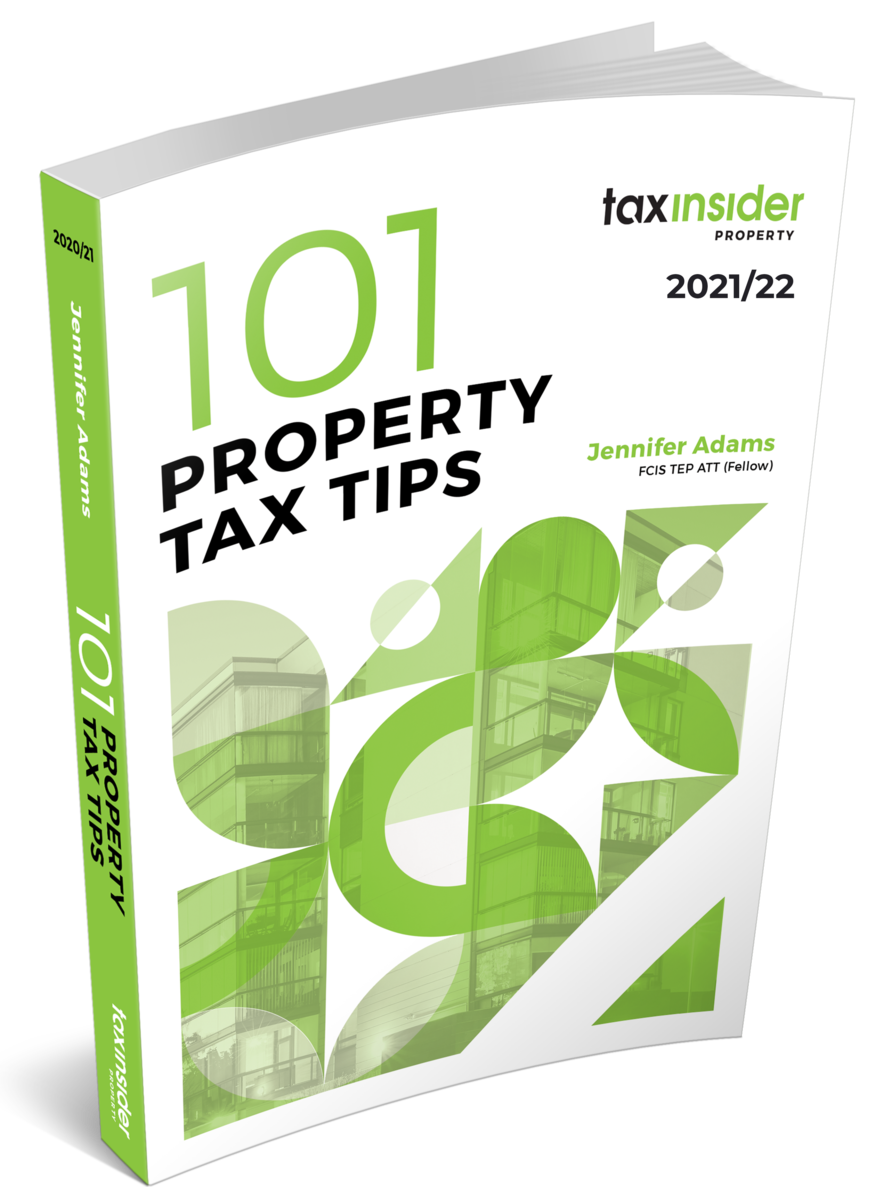There has been an enormous amount of talk in the media recently about ‘tax avoidance’, much of it ill-informed. The same can be said of much of the parliamentary comments on the subject. The proceedings of the Public Accounts Committee (PAC) where various members of the accountancy profession and leaders of industry were grilled, provoked Taxation magazine, normally a fairly sober professional journal, to put a photograph of the PAC Chairwoman, Margaret Hodge, on its 7 February 2013 front cover with the headline: “Tax Prat of the Year”.
What is ‘tax avoidance’?
Tax avoidance can be defined as using legal means to minimise your tax bill and contrasts with ‘tax evasion’, which involves dishonesty and is a criminal offence. In the last couple of years, however, HMRC and the Treasury have been engaged in a campaign to blur the distinction between the two, and to suggest that tax avoidance is morally unacceptable.
What is a ‘tax scheme’?
For the purposes of this article a ‘tax scheme’ is a structure specifically designed with the intention of reducing or postponing a tax liability. Such ‘schemes’ are mostly marketed by specialist firms of accountants or lawyers, and the fees for them are typically based on a percentage of the tax saved – and are typically high enough to mean that, unless there is a lot of tax at stake, such schemes are not cost-effective.
It is important to distinguish between the sort of ‘scheme’ that HMRC might regard as ‘abusive’, and normal tax planning. Not so long ago, there were several schemes doing the rounds which claimed to produce losses to set against your income (and thus reduce your tax) by using a limited liability partnership to invest borrowed money in the film industry. One of my clients was sold such a scheme in 2008 (before he was my client, I hasten to add) and only now is the dispute with HMRC being settled with my client giving up nearly all of the very expensive tax relief he was promised by the promoters of the scheme. These ‘film schemes’ were (rightly, in my opinion) regarded as abusive by HMRC and they have been doing their best to challenge them.
GAAR
The 2013 Finance Act included a ‘General Anti-Abuse Rule’ (GAAR), which gave HMRC powers to counteract ‘abusive’ tax schemes, basically by giving them power to assess the tax that would have been due if the scheme had not been used. There is a guidance document about how the GAAR will be used, published by HMRC, which includes examples of what they believe is and is not ‘abusive’ tax avoidance. Anyone wondering about where the line is drawn should study the examples in Part D of the guidance: www.hmrc.gov.uk/avoidance/gaar-partd-examples.pdf
DOTAS
This stands for ‘Disclosure of Tax Avoidance Schemes’ and is legislation requiring the promoters of avoidance schemes to register their details with HMRC. Anyone using a registered scheme is required to say so in their tax return. In some cases, promoters of schemes claim their particular scheme does not require registration, and in some cases they are right, but this is a risky area.
Practical Tip:
If you are offered a scheme to avoid tax (either for yourself, or for your clients, if you are an adviser) then think very carefully before you accept. Ultimately the decision is yours, but in my view, most people who go in for schemes are likely to regret it. The fees are high and the result is likely to be many years of uncertainty – the five years in the case of my client mentioned above is not at all unusual – with probably no tax saving at the end of it.
There has been an enormous amount of talk in the media recently about ‘tax avoidance’, much of it ill-informed. The same can be said of much of the parliamentary comments on the subject. The proceedings of the Public Accounts Committee (PAC) where various members of the accountancy profession and leaders of industry were grilled, provoked Taxation magazine, normally a fairly sober professional journal, to put a photograph of the PAC Chairwoman, Margaret Hodge, on its 7 February 2013 front cover with the headline: “Tax Prat of the Year”.
What is ‘tax avoidance’?
Tax avoidance can be defined as using legal means to minimise your tax bill and contrasts with ‘tax evasion’, which involves dishonesty and is a criminal offence. In the last couple of years, however, HMRC and the Treasury have been engaged in a campaign to blur the distinction between the two, and to suggest that tax avoidance
... Shared from Tax Insider: Tax ‘Schemes’ - Taxpayers and Tax Advisers Beware




